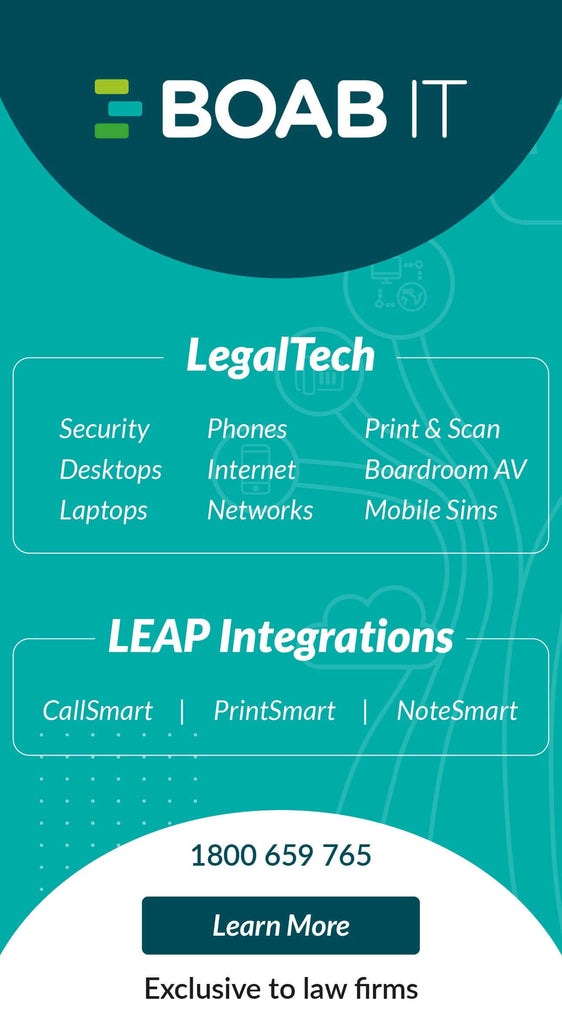
NetDocuments and FTI Technology to Drive Legal Ops ROI
FTI Consulting announces that the firm’s Technology segment has entered into a partnership with NetDocuments, a trusted cloud content platform for legal professionals. This partnership will allow FTI Technology’s Corporate Legal Operations practice to provide clients with more flexible and integrated native cloud-based solutions for core legal department functions, such as document and content management.
“Legal operations professionals have a long list of priorities for the coming year and are looking for support across areas including strategic transformation, technical implementations and change management,” said Wafik Guirgis, a Senior Managing Director and global Co-Leader of FTI Technology’s Corporate Legal Operations practice. “To better serve the needs of our clients in each of these areas, and as an extension of the ongoing strategic expansion of our corporate legal operations offerings, we’re developing partnerships with leading solutions providers like NetDocuments. Working across the legal technology ecosystem, FTI Technology supports clients in improving their return on technology investments and accelerating adoption of tools that improve overall efficiency and empower collaboration and knowledge sharing.”
NetDocuments helps corporate legal teams establish efficient, secure access to content, automate document-driven workflows and, based on its cloud-native architecture and open application programming interfaces (“APIs”), support more effective integrations with the solutions upon which large corporations increasingly rely. As part of the strategic partnership, NetDocuments and FTI Technology will help corporate legal teams achieve data-driven returns on investment through the design, execution and optimisation of flexible information management workflows that improve productivity, streamline collaboration and transform cumbersome document processes.
Matthew Hemmert, General Counsel and Privacy Officer at NetDocuments, added, “Corporate legal teams today are focused on implementing solutions that push workflow and automation into everyday activities, often across multiple systems. This is part of a bigger push to leverage cloud technology spanning the complete document lifecycle, from document creation and review to automation and signatures, all natively available within one secure platform. This technology advantage combined with FTI Technology’s corporate legal operations expertise and trusted partner status makes this collaboration very exciting.”
FTI Technology’s Corporate Legal Operations practice helps organisations achieve operational efficiencies and measurable results across the legal operations spectrum, using the technology and services that best meet their needs. Within this practice, experts have a proven track record of helping legal departments align their operations programs with business goals and develop customised solutions that empower in-house teams. The firm’s legal operations advisory, services, and technology offerings cover every phase of the legal operations journey, from assessment and recommendation to implementation and measurement. This comprehensive approach ensures that legal operations professionals can understand and improve their current state, future needs, best practices, technology enablement and performance benchmarks.
Also read top viewed Ai Legal article: The Role of AI in Legal Research.
Subscribe to the Legal Practice Intelligence fortnightly eBulletin. Follow the links to access more articles related to the business of law and legal technology.
Disclaimer: The views and opinions expressed in this article do not necessarily reflect the official policy or position of Novum Learning or Legal Practice Intelligence (LPI). While every attempt has been made to ensure that the information in this article has been obtained from reliable sources, neither Novum Learning or LPI nor the author is responsible for any errors or omissions, or for the results obtained from the use of this information, as the content published here is for information purposes only. The article does not constitute a comprehensive or complete statement of the matters discussed or the law relating thereto and does not constitute professional and/or financial advice.





